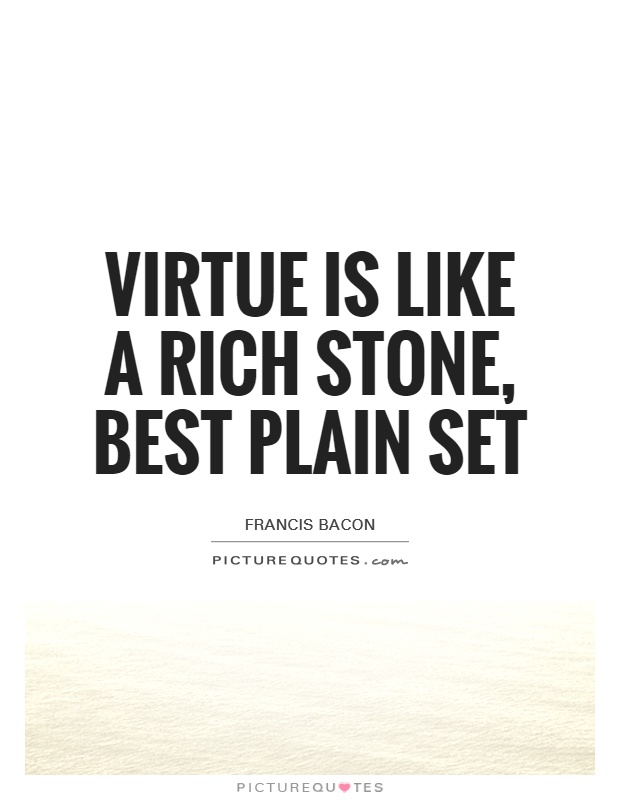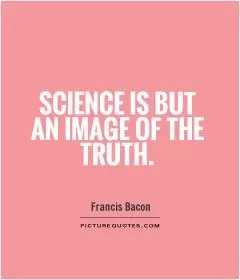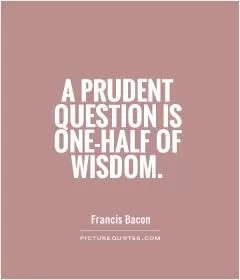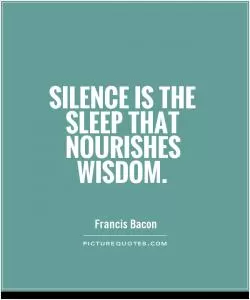Virtue is like a rich stone, best plain set

Virtue is like a rich stone, best plain set
Francis Bacon, a renowned English philosopher, statesman, and essayist, once famously said, "Virtue is like a rich stone, best plain set." This profound statement by Bacon holds a deep meaning and significance in the realm of ethics and morality. In this context, Bacon is emphasizing the importance of simplicity and humility in the practice of virtue.When Bacon compares virtue to a rich stone, he is highlighting the inherent value and beauty of virtue. Just like a precious gemstone, virtue is something that is highly prized and cherished. It is a quality that shines brightly and stands out among the rest. However, Bacon also suggests that virtue is best when "plain set." This means that virtue is most effective and impactful when it is displayed in a simple and unassuming manner.
In today's world, where materialism and superficiality often take precedence, Bacon's words serve as a powerful reminder of the true essence of virtue. Virtue is not about grand gestures or flashy displays of righteousness. Instead, it is about living a life of integrity, honesty, and compassion in the most humble and unpretentious way possible.
By advocating for simplicity in the practice of virtue, Bacon is urging individuals to focus on the substance rather than the appearance. It is not enough to merely appear virtuous; one must truly embody virtue in their thoughts, words, and actions. This requires a genuine commitment to moral principles and a willingness to do what is right, even when no one is watching.
Furthermore, Bacon's statement also underscores the idea that true virtue does not seek recognition or praise. Just as a rich stone does not need elaborate settings to enhance its beauty, virtue does not require external validation to be meaningful. Instead, it is the intrinsic value of virtue that makes it truly precious and enduring.












 Friendship Quotes
Friendship Quotes Love Quotes
Love Quotes Life Quotes
Life Quotes Funny Quotes
Funny Quotes Motivational Quotes
Motivational Quotes Inspirational Quotes
Inspirational Quotes